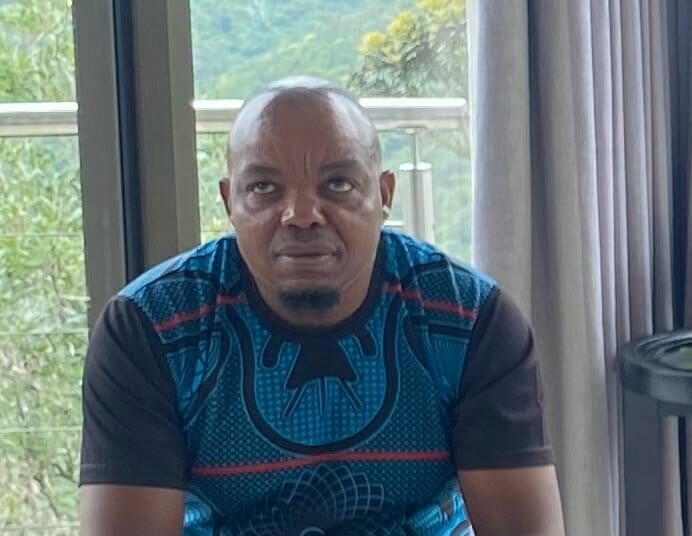Serial entrepreneur Molefi Mokoatle flung open the doors of his APARA clothing store in Johannesburg at the weekend. Featuring ready to wear and practical garments inspired by the Basotho blanket, hat and litema motif, the apparel is accessible and affordable. The energetic businessman tells Lesley Mofokeng that hard work will save you money and that working smart is for the rich.
How has your entrepreneurship journey been like so far?
I started my journey when I was 21, taking over what was my father’s general dealer in the rural village named Ramohlakoana in Matatiele, Eastern Cape. I wasn’t full time at the business as I continued to work my 9-5 in Durban, KZN, which is where I have been living. Years later I ventured into liquor trading, opening a place next to the general dealer. That alone was just an expensive lesson since I was young, trusting and made bad decisions. They both closed after more than 10 years. Before they closed, I had already started an electrical company and had quit my job which was in electrical engineering. I put every effort into building it. In 2020 the concept of APARA was born. And in 2021 I started to work on it as a small-scale business, since my eyes were on starting a property company. Rasechaba Property Group was born in 2022 and has been my major project. In the midst of that APARA was continuing to build interest from the people and I decided to give it more attention. I engage local manufacturers into developing a clothing entrenched in the traditional Basotho artworks. APARA continued to be just online shopping until this weekend when we opened our first physical shop. Again, towards the end of 2022, I started working on a sportswear brand called IFELOM.
What has been the toughest business lesson you learnt?
Setbacks and failures aren’t going to disappear. Patience and willpower are key.
What business principles do you live by?
Always be at the forefront for every project you start. Be your own cheerleader. Hard work will save you money, working smart is for the rich.
How has the business of textiles and retail evolved since you started and how has that impacted what you do?
I am new in retail space, not more than 4 years. Maybe I’m not the best qualified to answer that, but since I started, I find myself having to look outside of South Africa as I grow to be competitive. I’m not a fashion designer by profession, so we use local manufacturers, who manufacture for other labels as well. The problem is when you see similarities between different labels using local manufacturers, that points to limitations and forces one to look beyond our borders for a broader taste.
What are the 3 things every entrepreneur needs to survive business?
Total commitment to your idea. Passion for what you do, you need to feel like you are the best at what you do and it’s only a matter of time. Funding, if you can’t self-fund.
How has your faith influenced your decision making?
My faith is intertwined with my family, especially my kids. They fuel my faith every day I look at them. I have to get up and go even when it’s dark.
What have been the challenges and opportunities of running APARA?
My biggest challenge has been being a self-taught fashion student. I had to train my eye and I’m still learning today. I have never touched a needle in my life. I had to learn how fashion retail works. Funding for large scale projects, I had to self-fund – maybe because I’m a novice in the fashion world.
What has been your lowest point in business and your highest?
I have had to shut down three businesses due to different challenges, on the upside I started Rasechaba Property Group, APARA and IFELOM.
What’s the most precious accolade/recognition/award you have received and why?
I don’t have any awards to my name, the ones I have are written in my heart.
What’s your projections for the future? What are you working towards for APARA and your other business ventures, as well as yourself?
My focus is to scale them as markets dictate. Make them powerhouse brands. We are reinforcing the inventory at APARA to further its reach within the South African fashion market. As for me, I’m a dreamer and I push to make them a reality day by day.































































